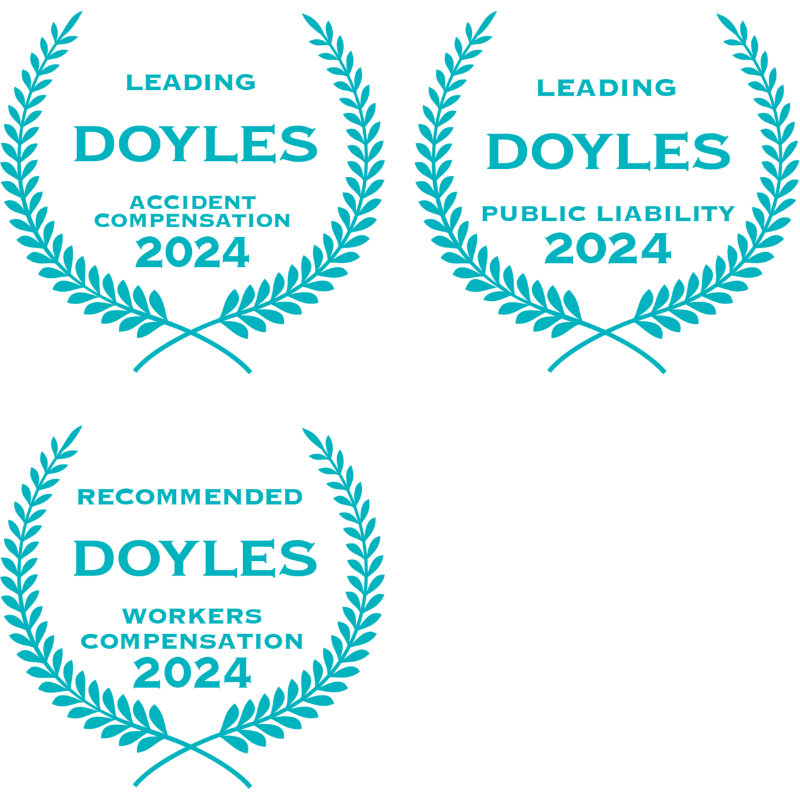What to do When You Have a Minor Car Accident?
While no one gets into the car thinking they will get into a car accident, it’s still a possibility that all drivers must consider and be prepared for. Despite the upgrades in car safety and newer safety systems, anti-lock brakes and ABS, traffic accidents still happen and can be quite stressful for any driver. However, there are a few simple tips that will ensure that, if you happen to be involved in a minor car accident, you handle this challenging situation properly.
Firstly, stop your vehicle at the scene of an accident. It might seem like the most obvious step, but due to your adrenaline levels rocketing and stress levels pumping, you might completely overlook it. Stop your vehicle in the safest place available and then turn on your hazard lights – this is vital as you need to make sure other drivers can see you in order to avoid further collisions.
Next, begin to assess the situation and decide if it is safe enough to leave your parked car. If you see some smoke or fire, you should aim to exit your vehicle immediately. In other cases, it depends on your environment. If you are in the middle of busy traffic or the situation outside the car is worse than inside, it may be better to stay in your vehicle until other help arrives.
Next, check on other passengers in the car if there are any. Start to seek medical assistance for any injuries and ensure to call 000 straight away if you find any serious ones. Apply first aid if you know how to – but do not help if it means putting yourself in danger (in that case, wait for medical professionals to arrive). You are not required to call the police to the crash site unless your vehicle is obstructing traffic. However, it still may be a good idea to do so in a variety of other situations – for example, if you suspect that a driver involved in the accident is under the influence of alcohol or drugs, or if there is a dangerous vehicle present. If you initiate police attendance of the crash, that pretty much also takes care of crash reporting, as the police can help you with writing a crash report. If you do not request police to the scene, then you are advised to go to the police station at your earliest convenience to report your incident and all parties involved.
The few steps listed above usually prove to be the most important. After the police and medical professionals arrive, do not leave the scene and await further instructions from them.
What to do Regarding Insurance Claims
There are a few tips you need to keep in mind regarding insurance information and car insurance claims, sorting out tow trucks and dealing with vehicles that may be dangerous. With regards to the insurance claims process, it is important to never admit fault to anyone involved – no matter the situation. Whether you’re talking to the other drivers, witnesses, police, do not admit fault. It is very easy to start apologising, panicking and admitting fault, but this can have quite detrimental consequences in terms of your insurance claims process. Just remember that the damage is already done and getting worked up over it won’t help the situation at all. Leaving the arguing to your business insurance companies and contacting your insurer straight away is the best decision you can make; they’ll be more than happy to take it from there. Keep in mind that how your claim is going to be handled will differ depending on whether you have comprehensive car insurance or some other insurance product – and whether there is an uninsured driver involved in the crash. (So, if you do not have insurance, consider getting one – like RAA Insurance etc. – now.)
What if You Need a Tow Truck?
If you need a tow truck for your vehicle, ensure to first contact your insurance provider. Depending on your insurer, they might be able to organise some tow truck drivers or give the number of their tow truck industry contact to you and talk you through the process. If you are unsure whether they are able to do this, check your insurance cover. Towing cover will vary for each insurer and there is a possibility that you won’t be covered for towing. You can also find out this information by reviewing your product disclosure statement, which will give you an overview of your insurance policy’s limits. Once organising a tow truck, never sign on an incomplete or blank tow authority form. To ensure its clarity, check that the form includes the name and address of where the car will be towed to and the fee. After reading the terms and conditions, take the time to consider different options – only then make the final decision.
A Potentially Dangerous Motor Vehicle, What Now?
After a car crash, there is a possibility your car may be deemed too dangerous to drive and is written off depending on the extent of the damage. Getting a write off refers to your car being too unsafe to drive – or so damaged that it’s financially impractical to get it fixed. Usually, after talking with your insurers, it’s their call on whether to register your car as a write-off. How can you tell if your car is written off? First, you need to acknowledge the laws and know that insurers must comply with these while making the decision. Usually, these laws will deem a car written off if it is unsafe to repair and uneconomical to repair. Your car will be considered too unsafe to repair if it has sustained excessive structural damage, excessive water damage, excessive fire damage, and excessive stripping damage. In addition, if the cost and salvage value of your car is higher than the price you had insured your car for, its market value, and your car loans, then it is too uneconomical to repair.
Road Rules Concerning Minor Car Accidents
If you get into minor car accidents, the road safety law states that you must give your registration, name, and address to other people involved. This must be done as soon as possible and no later than 24 hours after the accident. Failure to do so will consequently result in large penalties. Keep in mind that you also can use this rule to get such information about the vehicle involved, drivers involved, and other involved parties in the accident. After leaving the accident scene, ensure to fill out a product disclosure statement, disclosure documents, and insurance documents with any third parties if necessary.
In addition, you might be eligible for compensation if you were injured in the car crashes – whether this is a physical, psychiatric, or psychological injury that you sustained – despite whether you’re at fault or not. It is difficult to ascertain exactly how much compensation you can be eligible for as the details of injury claims and individual circumstances vary greatly. However, we at C+F Lawyers are always happy to assess your situation and offer advice regarding the compensation that you can expect to receive. So, if a car accident ever becomes part of your driving journey – be sure to contact us for a free legal consultation to find out what your options are.


